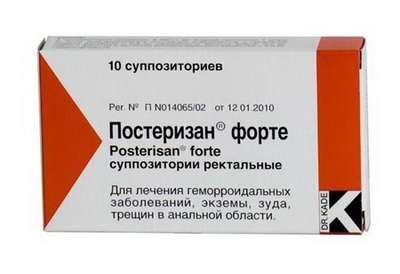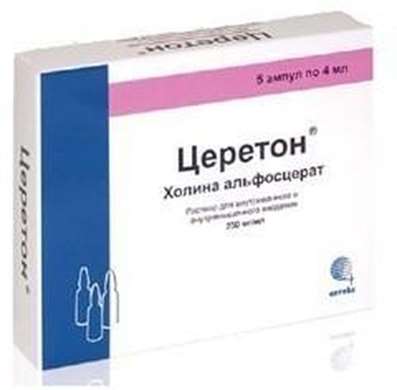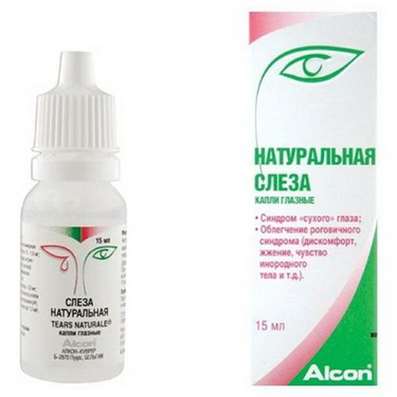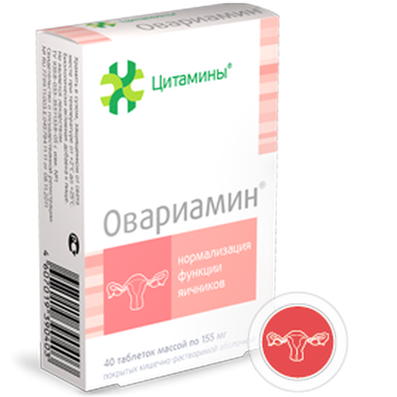Instruction for use: H-B-Vax II
I want this, give me price
Dosage form: Suspension for injection
Active substance: Vaccinum ad prophylaxim hepatitis epidemicae B
ATX
J07BC01 Hepatitis B virus inactivated whole
Pharmacological group:
Vaccines, serums, phages and toxoids
The nosological classification (ICD-10)
B16 Acute hepatitis B: Viral hepatitis B; Hepatitis B; Acute hepatitis; Vaccination against hepatitis B; Subacute hepatitis; Acute viral hepatitis B; Acute lingering hepatitis B
Composition and release form
1 ml adult vaccine contains a hepatitis B virus surface antigen 10 mkg, adsorbed to approximately 0.5 mg of aluminum hydroxide; In vials of 1 or 3 doses, in a box 1 bottle.
0.5 ml vaccine for children - 5 mkg, adsorbed to approximately 0.25 mg of aluminum hydroxide; In bottles of 1 dose, in a box 1 bottle.
1 ml of vaccine for dialysis patients - 40 mkg, adsorbed to approximately 0.5 mg of aluminum hydroxide; In bottles of 1 dose, in a box 1 bottle.
Characteristic
Hepatitis B vaccine, recombinant. Noninfectious viral vaccine containing the surface antigen (HBsAg, or Australian antigen) of the hepatitis B virus produced by yeast cells.
Pharmachologic effect
Mode action - immunostimulating.
Provides active immunity against hepatitis B virus.
Indication of the drug H-B-Vax II
Specific immunoprophylaxis of infection caused by all known subtypes of the hepatitis B virus.
Contraindications
Hypersensitivity.
Application of pregnancy and breastfeeding
Not recommended, but possible if the potential benefit to the mother justifies the risk to the fetus.
Side effects
Increased body temperature, chills, weakness, malaise, sweating, headache, dizziness, sleep disorders, paresthesia, peripheral neuropathy (including Bell's paralysis, optic neuritis), pain or tinnitus, pharyngitis, rhinitis, cough, Dysuria, hypotension, nausea, diarrhea, vomiting, myalgia, arthralgia, lymphadenopathy, increased ESR, Quincke's edema, urticaria, skin rash; At the site of administration: pain, tenderness, erythema, swelling, densification, itching.
Dosing and Administration
IM. Adults over 20 years: 3 injections of 1 ml (10 mcg) in the deltoid muscle; For newborns (children born from women with negative HBsAg result) and children under 10 years: 3 injections of 0.25 ml (2.5 mkg) in the anterolateral part of the thigh; For adolescents (11 to 19 years): 3 injections of 0.5 ml (5 mkg). The interval between administrations should be at least 1 month.
For patients on dialysis: initially, after 1 month and 6 months - 1 ml (40 mkg). Newborns (children born to women with a positive HBsAg result): within 7 days, the first dose was 0.5 ml (5 mkg), concomitantly with the administration of an immunoglobulin against hepatitis B virus at a dose of 0.5 ml (in the anterolateral part Opposite thigh), after 1 and 6 months - 0.5 ml (5 mkg).
Precaution measures
You cannot enter IV or IV. Caution should be exercised in cardiopulmonary failure and in patients at high risk of adverse effects in developing a febrile or systemic reaction. In the case of severe acute infection, it is advisable to postpone vaccination, except in situations where delay is a great danger. Against the background of immunodeficiency and the appointment of immunosuppressive therapy requires a higher dose of vaccine.
Storage conditions of the drug H-B-Vax II
At a temperature of 2-8 ° C (don’t freezing).
Keep out of the reach of children.
Shelf life of the drug H-B-Vax II
3 years.
Do not use after the expiry date printed on the package.

 Cart
Cart





